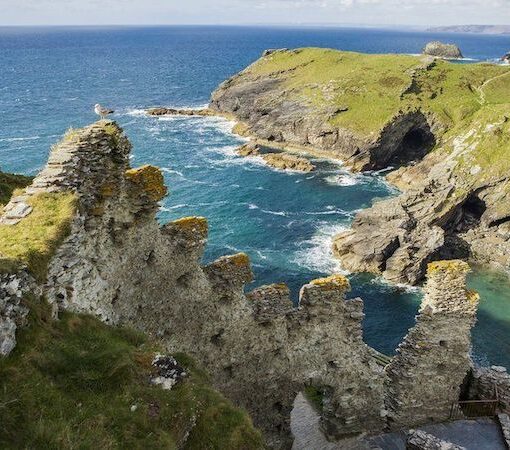UK Culture Minister Caroline Dinenage has placed a temporary export bar on a panel of mosaic from a Roman villa at Dewlish, Dorset, excavated by WG Putman between 1969-1979. The mosaic is currently in a Private collection, Dewlish, Dorset, until sale at Duke’s Auctions, Dorchester, 7th September 2018, lot 722.
Thought to date to the 4th century AD, the mosaic is considered by many to be an exceptional piece and is at risk of being lost abroad unless a buyer can be found to match the £135,000 asking price.
The mosaic would have been part of an elaborate pavement in the reception room of a luxurious villa and includes a depiction of a leopard pouncing on the back of an antelope as blood drips from its wounded prey.
Floor mosaics like this would have been chosen to reflect the values and beliefs of the villa’s owner and can help modern viewers understand the aspirations and education of country landowners who held power in the final decades of the Roman Era.
Apart from one smaller piece in the Dorchester Country Museum, much of the mosaic floor at the Dewlish Roman villa has now been destroyed, so this fragment is of crucial importance to understanding the whole composition.
This fragment has strong similarities to other fourth century mosaics found in the region surrounding Dorchester, ascribed to a Durnovarian School of mosaic workers. Although notable examples survived, including the Hinton St Mary mosaic in the British Museum, many of the mosaics assigned to the Durnovarain school have been reburied or destroyed.
The decision on the export licence application for the mosaic will be deferred until 16 October 2020. This may be extended until 16 January 2021 if a serious intention to raise funds to purchase it is made at the recommended price of £135,000 plus VAT.




